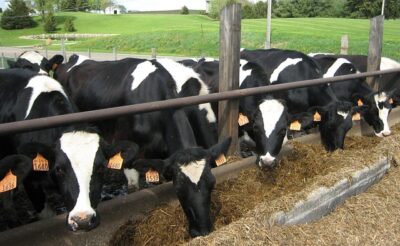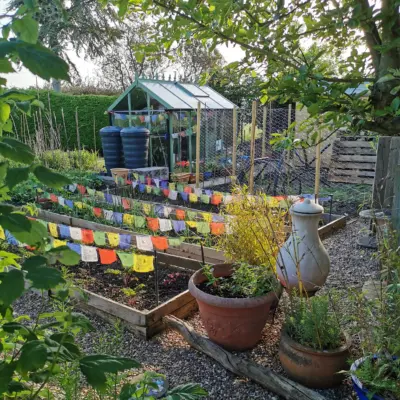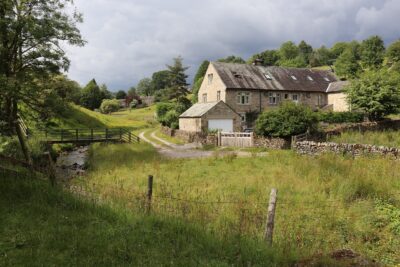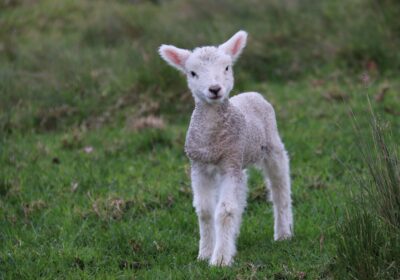The Norfolk 4-crop Rotation System is a traditional agricultural method that involves growing wheat, turnips, barley and clover/ryegrass in a specific order to maintain soil fertility and health. This rotation system promotes a biodiverse environment, leading to healthier soil, animals and food products, while providing economic benefits to farmers. The method utilizes the manure from the livestock, fed on turnips and clover, to enrich the soil and improve cereal yields. The rotation helps manage soil and fertility, reduce erosion, and increase the availability of nutrients for crops.
The benefits of this crop rotation system include:
- Increases soil fertility
- increases crop yield
- increases soil nutrients
- reduces soil erosion
- limits the concentration of pests and diseases
- reduces the stress of weeds
- improves the soil structure
- reduces pollution
- diversification and reduced cost of production
- increases nutrient uptake.
A Return to Tradition: The Norfolk 4-crop Rotation System
Regional Climate Matters
It is important to consider the regional climate when deciding what crops to sow. The standard principles of crop rotation remain the same, no matter where in the world you are growing.
Community Support
The current agricultural model often leaves farmers without any livestock or with only fodder crops. This is where community support and connection becomes crucial in implementing the Norfolk 4-crop Rotation System.
The Ideal Farm Model
At PFFA, we believe the ideal farm model is based on mixed farms with a combination of livestock and poultry, including meat and dairy, as well as arable and fodder crops grown with the NCR system. Diversifying production is key to avoiding reliance on the supermarkets and creating a safer, more solid position for future seasons.
Building Networks
Creating and using networks across the UK to assist farmers in exchanging livestock, crops, seed, machinery, etc. is crucial to making the food and farming revolution a success. We need to start thinking outside the restrictions and realize our power and responsibility to make it happen.
A Moral Responsibility
DEFRA may not make it easy, but we have a moral responsibility to work lawfully and take back control of our food and farming systems.




